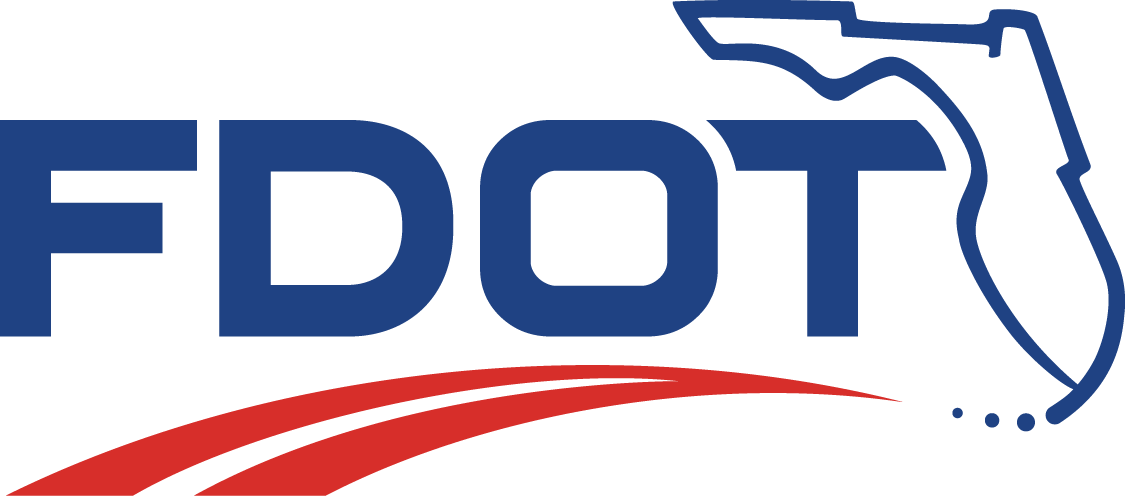Data Governance
Functional Overview
Florida Statute 282 defines data governance as "the practice of organizing, classifying, securing, and implementing policies, procedures, and standards for the effective use of an organization’s data." It ensures that an organization’s data is formally managed to facilitate the use of information for strategic planning and key decision-making. As a corporate asset, data has value well beyond immediate needs so it must be carefully managed throughout its entire life cycle.
Data life cycle management is key to the flow of the information assets throughout an organization: from planning and creation to the time when data becomes obsolete and is no longer needed.
In March 2015, the Florida Department of Transportation (FDOT) launched an initiative to define a clear path for the agency-wide adoption of data governance and master data management. The long-term goal of the initiative, known as Reliable, Organized and Accurate Data Sharing (ROADS), is to improve data reliability and simplify data sharing across FDOT to have readily available and accurate data to make informed decisions.
ROADS is streamlining information across the organization to enable better, faster decision making by removing current barriers that prevent the efficient sharing of information. It is also supporting the development of a comprehensive Enterprise Information Management Structure that is being governed by FDOT Transportation Technology.
To learn more about FDOT’s vision for data governance, please contact Christine McDonald, Data Governance Administrator, or visit "The Story of ROADS".
